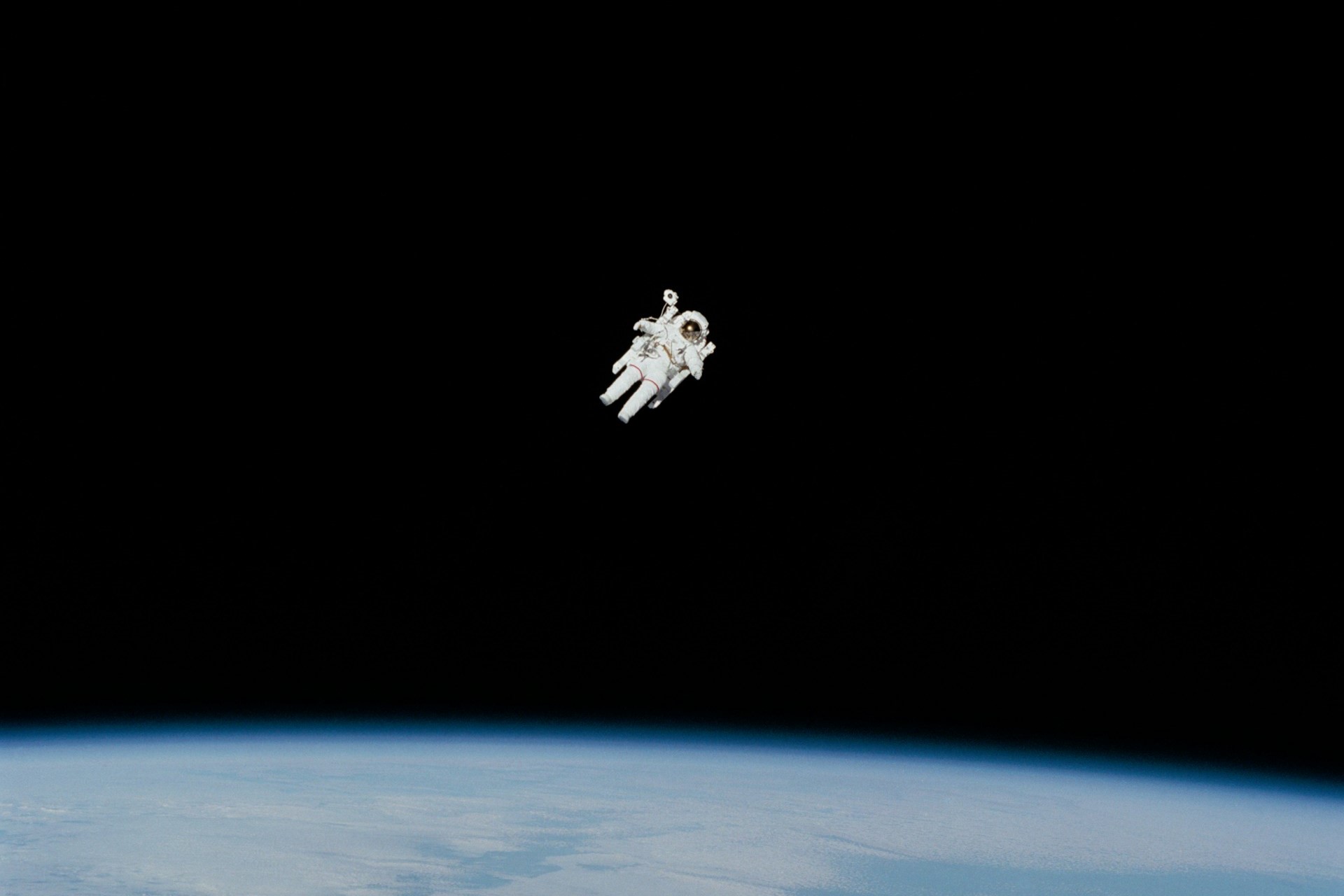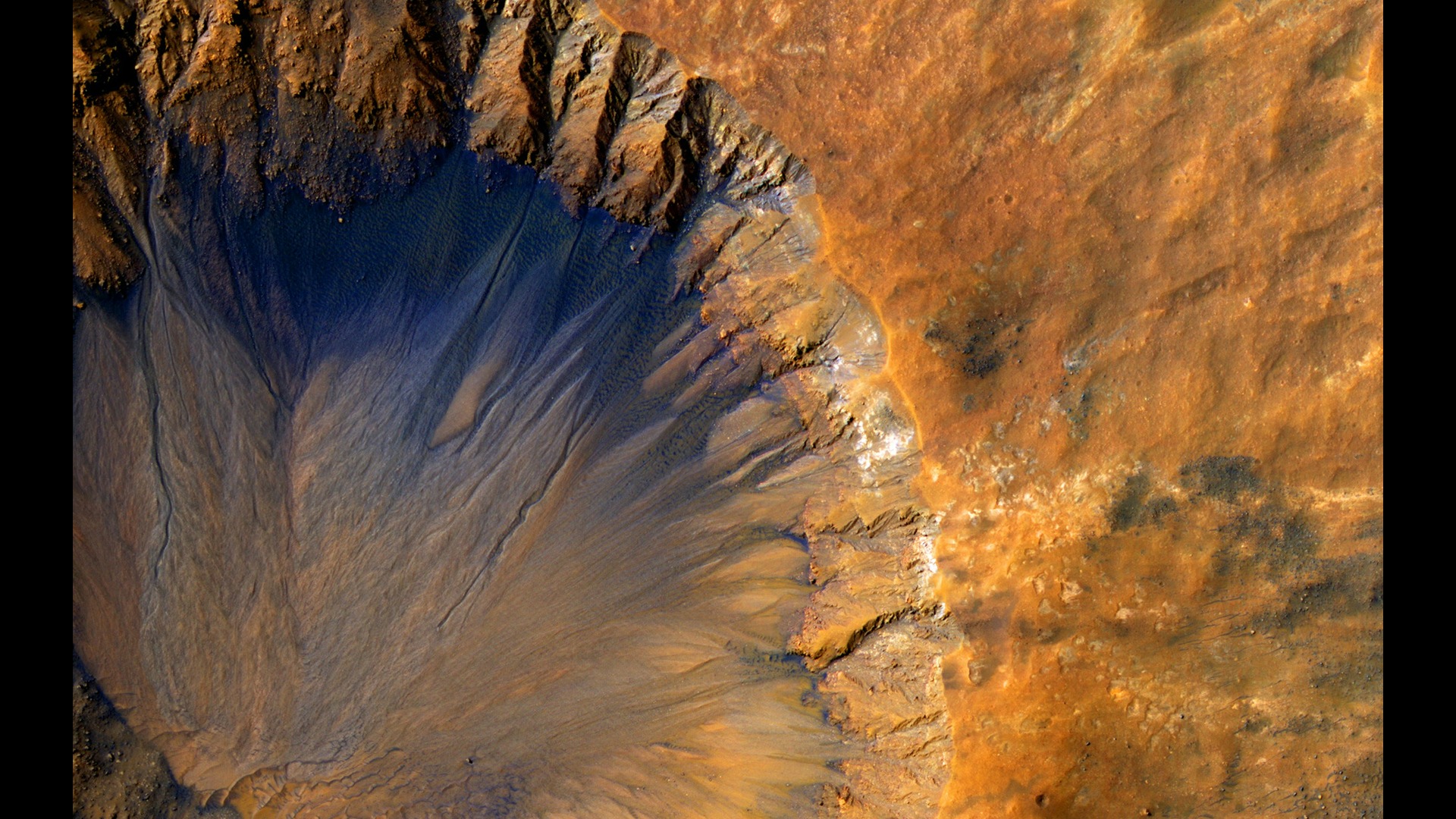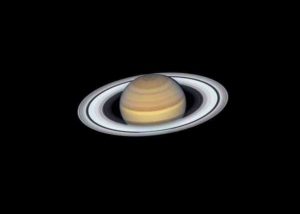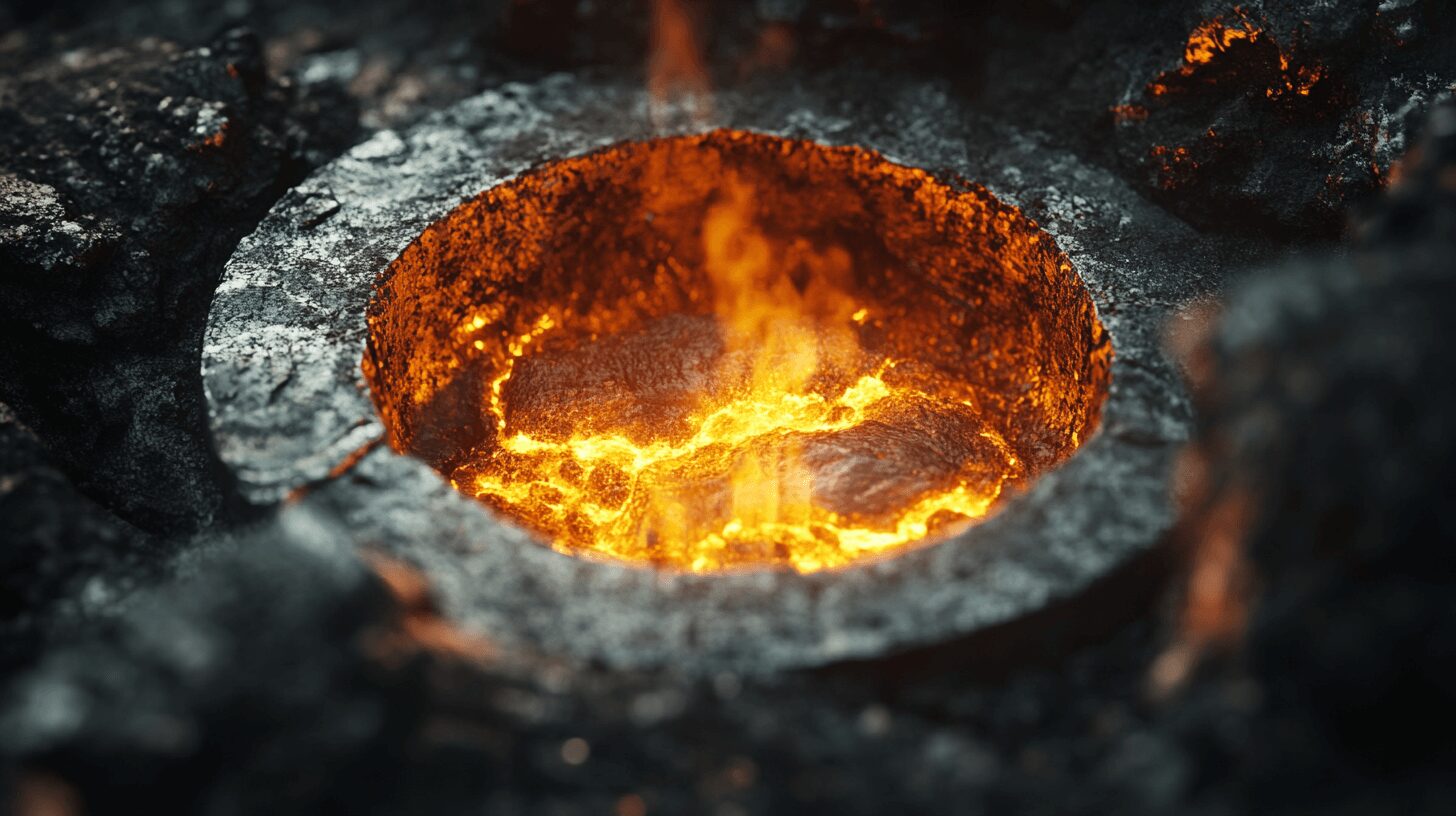
Does Space Have Gravity?
June 2, 2022 - Revolutionized Team
Revolutionized is reader-supported. When you buy through links on our site, we may earn an affiliate commission. Learn more here.
Pick up a pen or a piece of paper and drop them. What happens? If you’re reading this on the planet Earth, the answer is always the same — gravity pulls it downward, causing it to fall. Science defines gravity as “the universal force of attraction acting between all matter.” It’s what keeps your feet on the ground and prevents us from spinning off into space as the planet rotates. We often forget about something until we trip and fall or drop something fragile.
Once we leave the Earth’s atmosphere, it seems like gravity almost ceases to exist. Astronauts spend their time in space, floating around the International Space Station in a state of microgravity. Does space have gravity, or is that something limited to planets?
Creating Gravity
Before exploring the cosmos looking for gravity, we need to start a little closer to home. What creates gravity?
In our universe, everything that has mass creates gravity. That means that every human being could, in theory, generate their minuscule gravitational force—the greater the mass, the stronger the gravitational field. Every planetary body is capable of generating its gravity, directly proportional to its mass.
Albert Einstein described gravity as a curvature of the space-time continuum. If you think of space-time as a rubber sheet stretched tight between your hands, each planetary body capable of generating gravity will sit on that sheet, warping it with its weight. Each body that generates gravity acts on the things around it, pulling them in or pushing them away.
The Myth of Zero Gravity
We always see astronauts floating when we see footage of them in orbit or on the International Space Station, but this isn’t a lack of gravity. Instead, what these astronauts are experiencing is called microgravity. It happens because the space station is in perpetual free-fall above the planet. At the same time, it’s moving at about 17,500 miles per hour in orbit around the Earth. Its forward momentum is enough to counter the pull of gravity and keep it in orbit. This perpetual free-fall means that the interior of the space station — and any spacecraft moving at the same speed — are in a state of microgravity.
We can achieve the same effect in an aircraft for short periods. A modified Boeing 727, nicknamed the Vomit Comet, allows astronauts and space enthusiasts to feel what it is to be weightless, at least for 20-30 seconds at a time. The aircraft flies in up and down parabolas — massive U-shapes. When the plane goes into free fall — not unlike the ISS — the passengers are briefly weightless.
Seeing the Invisible
When you look up at the night sky, you can see thousands of stars. You can sometimes even catch glimpses of the dusty bands of the Milky Way. Everything we see in the night sky is a mere fraction of what exists in our galaxy. More than 90% of the Milky Way Galaxy is invisible to all current sensors and detectors. This 90% is made up of dark matter, which doesn’t emit any light or energy. The only reason we know it exists is that it has mass and generates a gravitational field.
We can use gravitational fields to spot other celestial bodies that might otherwise be invisible. Black holes, for example, generate a massive gravitational field that consumes anything they can get their claws into — including light. Since these gravity wells don’t emit any light, we have to use their effect on surrounding celestial bodies to determine their location and size.
Does Space Have Gravity?
So, does space have gravity? The short answer to that question is yes. There is gravity everywhere. The long answer is a little more complicated.
Every planetary body generates a gravitational field. The further you get from these gravity wells, the weaker the pull becomes. When traveling through the vast expanses of space between planets, it may seem like it vanishes, but gravity never really goes away. Gravity may be one of the fundamental forces of nature, but it’s also the weakest, having almost no effect on the molecular and atomic levels.
The long answer to the question of whether space has gravity is also yes. Whether or not you feel its effects depend on your proximity to a gravitational source. It never completely goes away.
Creating Artificial Gravity
Suppose gravitational forces get so weak that they’re practically non-existent outside of a planet’s gravity. Can we create artificial gravity to keep us secure to the deck of a spaceship? It’s been a debate among scientists and science fiction writers for decades. Some theorize that we could use centripetal force to spin a ship and generate gravity on the craft’s hull. Others, such as the tech featured in The Expanse, theorize that we will eventually create ships that generate gravity under thrust.
Currently, we lack the technology to generate artificial gravity. If we can crack this metaphorical nut, it could make it easier to plan long-term space missions without worrying about the detrimental effects of long periods spent in microgravity.
Looking Toward the Stars
If someone asks does space have gravity, you can answer yes. Whether or not you feel it depends on your proximity to a planetary body. As we spend more time looking toward the stars, we can hopefully deepen our understanding of gravity and its effect on everything around us.
Revolutionized is reader-supported. When you buy through links on our site, we may earn an affiliate commission. Learn more here.







